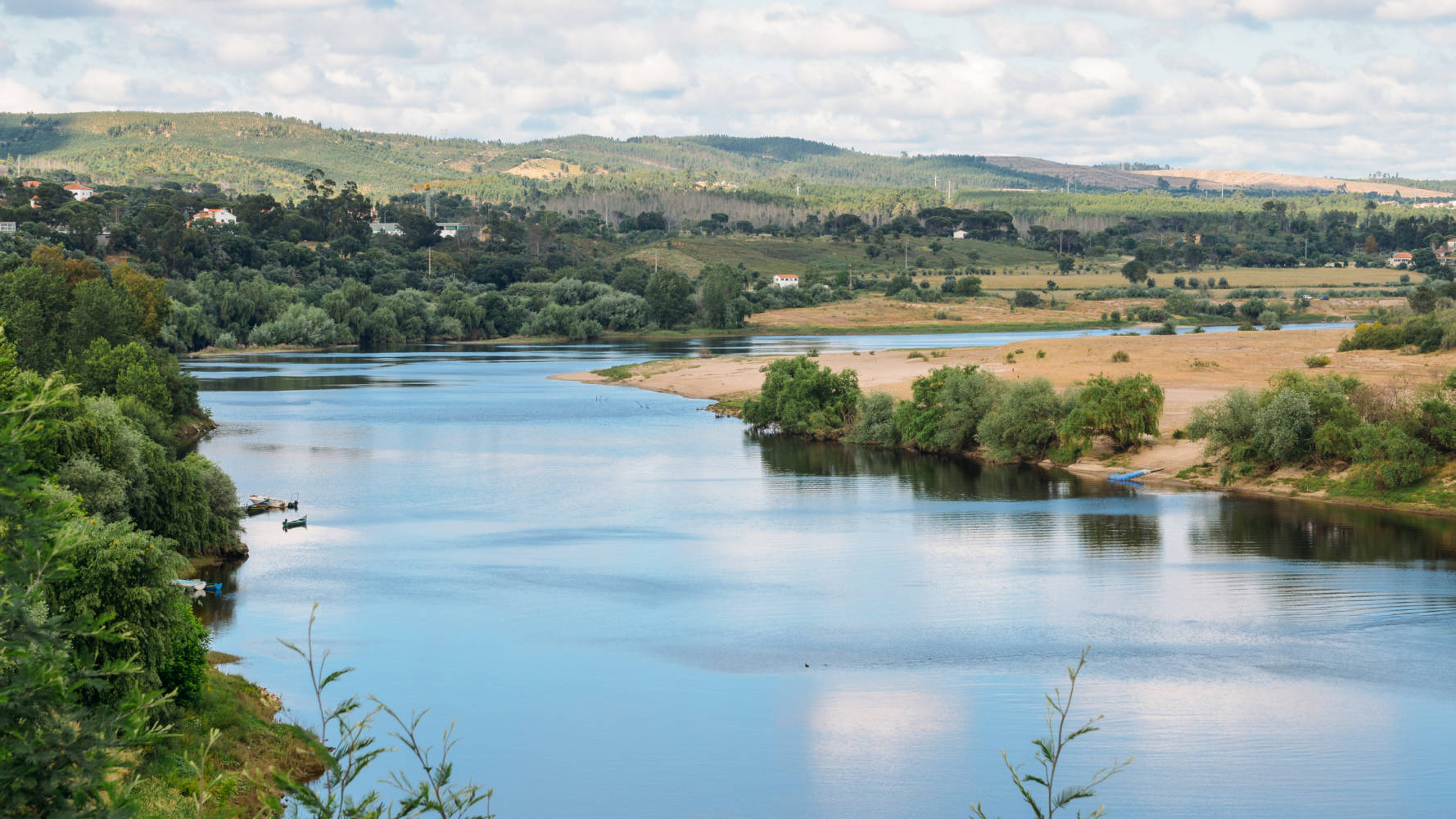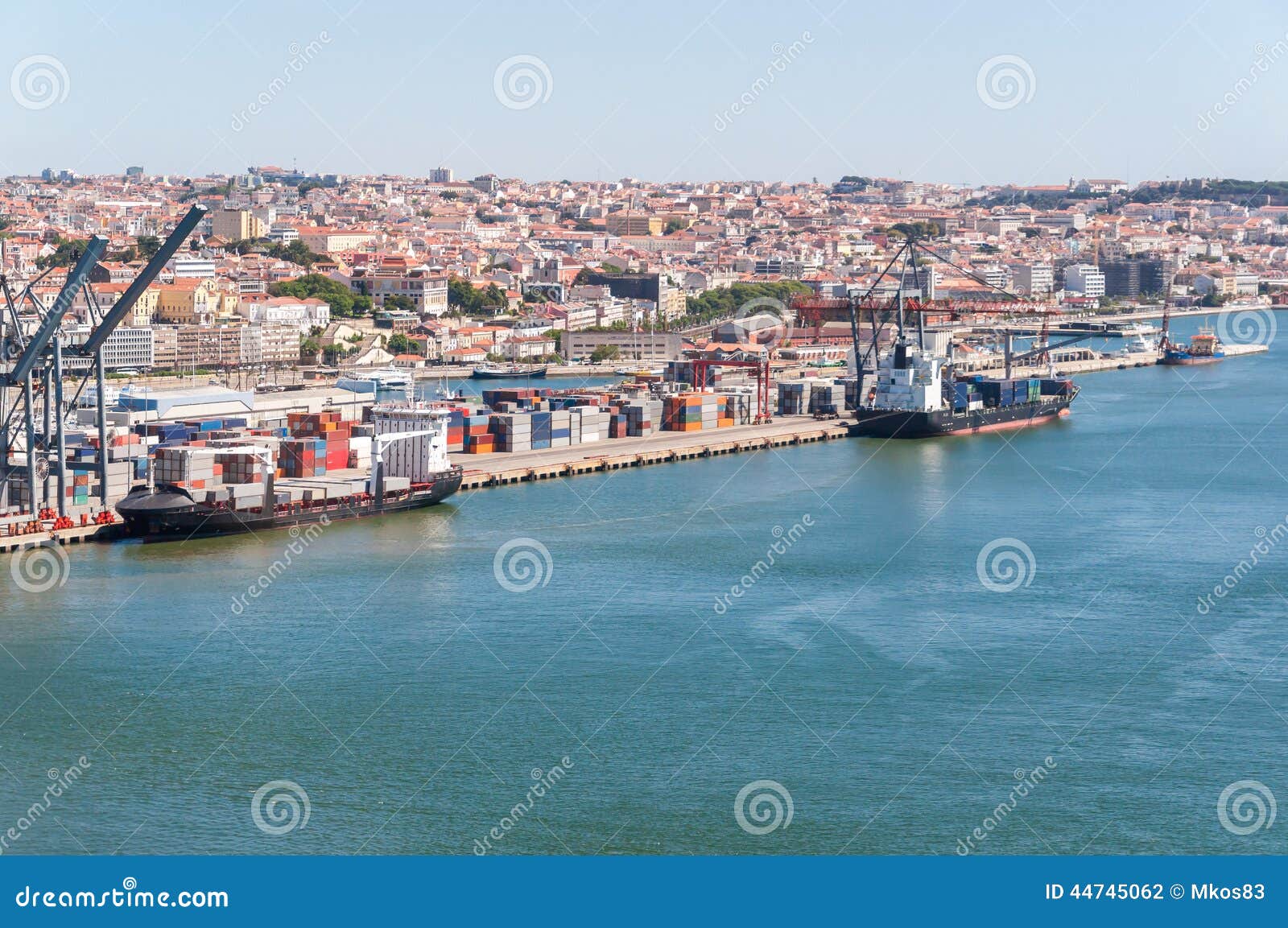“The Titans of the Tagus: Portugal’s Greatest Footballing Exports
Related Articles The Titans of the Tagus: Portugal’s Greatest Footballing Exports
The Titans of the Tagus: Portugal’s Greatest Footballing Exports

Portugal, a land steeped in history, maritime exploration, and a profound passion for football, has consistently punched above its weight on the global stage. From the sun-drenched beaches of the Algarve to the bustling city streets of Lisbon and Porto, the beautiful game is woven into the very fabric of Portuguese society. This deep-seated love affair has, over the decades, produced a constellation of world-class footballers who have illuminated pitches across Europe and beyond, captivating audiences with their skill, flair, and unwavering dedication. This article delves into the pantheon of Portugal’s greatest footballing exports, celebrating the legends who have not only graced the national team but have also left an indelible mark on the clubs they represented.
Eusébio: The Black Panther and a National Icon
No discussion of Portuguese footballing legends can begin without paying homage to Eusébio da Silva Ferreira, affectionately known as the "Black Panther." Born in Mozambique, then a Portuguese colony, Eusébio’s raw talent was undeniable from a young age. He arrived at Benfica in 1960 and quickly established himself as a force of nature. His blistering pace, powerful shot, and exceptional dribbling skills made him a nightmare for defenders.
Eusébio spearheaded Benfica’s golden era in the 1960s, leading them to 11 Primeira Liga titles, five Portuguese Cups, and, most famously, the European Cup in 1962, where he scored two goals in the final against Real Madrid. He was awarded the Ballon d’Or in 1965, a testament to his individual brilliance and the impact he had on European football.
Beyond his club achievements, Eusébio is revered in Portugal for his performances with the national team. He was the top scorer at the 1966 World Cup in England, leading Portugal to a historic third-place finish. His nine goals in the tournament, including four in a memorable quarter-final against North Korea, cemented his place in World Cup folklore. Eusébio’s legacy extends far beyond statistics; he was a symbol of national pride, a role model for aspiring footballers, and a true ambassador for Portuguese football. His passing in 2014 was met with national mourning, a reflection of the profound impact he had on the country.
Luís Figo: The Elegant Winger and a Symbol of a Generation
Luís Filipe Madeira Caeiro Figo, simply known as Figo, epitomized the modern winger. With his mesmerizing dribbling, pinpoint passing, and exceptional vision, Figo was a joy to watch. He possessed an innate ability to glide past defenders, create scoring opportunities, and dictate the tempo of a match.
Figo’s career blossomed at Sporting CP before he made a controversial but ultimately successful move to Barcelona in 1995. At Barcelona, he became a key figure in Johan Cruyff’s "Dream Team" and later under Louis van Gaal, winning two La Liga titles, two Copa del Rey titles, and a UEFA Cup Winners’ Cup. His performances at the Camp Nou earned him the Ballon d’Or in 2000.
His subsequent transfer to Real Madrid in 2000 for a then-world-record fee of €62 million sparked outrage among Barcelona fans but further solidified his status as one of the world’s best players. At Real Madrid, he formed part of the "Galácticos" alongside Zinedine Zidane, Ronaldo, and David Beckham, winning two La Liga titles and a Champions League trophy.
For Portugal, Figo was the captain and talisman for many years. He led the national team to the final of Euro 2004 on home soil, a heartbreaking defeat against Greece. He also played a crucial role in Portugal’s semi-final appearance at the 2006 World Cup. Figo’s elegance on the ball, his leadership qualities, and his unwavering commitment to the national team made him a symbol of a generation of Portuguese footballers.
Cristiano Ronaldo: The Relentless Pursuit of Perfection
Cristiano Ronaldo dos Santos Aveiro, or simply Cristiano Ronaldo, is arguably the greatest footballer of all time. His relentless pursuit of perfection, his unparalleled work ethic, and his extraordinary goal-scoring record have set him apart from his peers. From his early days at Sporting CP to his global superstardom at Manchester United, Real Madrid, Juventus, and now again at Manchester United, Ronaldo has consistently defied expectations and broken records.
Ronaldo’s first spell at Manchester United under the tutelage of Sir Alex Ferguson transformed him from a promising winger into a world-class goal scorer. He won three Premier League titles, an FA Cup, and a Champions League trophy with the Red Devils. His performances earned him his first Ballon d’Or in 2008.
His move to Real Madrid in 2009 marked the beginning of an unprecedented era of individual and collective success. At Real Madrid, Ronaldo became the club’s all-time leading goal scorer, winning four Champions League titles, two La Liga titles, and four more Ballon d’Or awards. His rivalry with Lionel Messi defined an era of football and pushed both players to even greater heights.
After Real Madrid, Ronaldo joined Juventus, where he won two Serie A titles and continued to score goals at an astonishing rate. His return to Manchester United in 2021 was met with great fanfare, and while the team struggled, Ronaldo continued to find the back of the net.

For Portugal, Ronaldo is the all-time leading scorer and appearance maker. He captained the national team to their first major international trophy at Euro 2016, a historic achievement for Portuguese football. He also led Portugal to victory in the inaugural UEFA Nations League in 2019. Ronaldo’s dedication, his athleticism, and his unwavering belief in his own abilities have made him an icon of the sport and an inspiration to millions around the world. He is the embodiment of hard work and determination, proving that with enough dedication, anything is possible.
Other Notable Mentions:
While Eusébio, Figo, and Ronaldo undoubtedly stand atop the pantheon of Portuguese footballing greats, several other players deserve recognition for their contributions to the sport:
-
Rui Costa: An elegant attacking midfielder known for his exceptional technique and playmaking abilities, Rui Costa was a key figure for Benfica, Fiorentina, and AC Milan.
-
Paulo Futre: A dynamic winger with blistering pace and incredible dribbling skills, Futre was a star for Porto, Atlético Madrid, and Benfica.
-
Fernando Chalana: A gifted winger with exceptional close control and vision, Chalana was a key player for Benfica and the Portuguese national team in the 1980s.
-
Deco: A creative and intelligent midfielder, Deco was instrumental in Porto’s Champions League triumph in 2004 and also enjoyed success with Barcelona and Chelsea.
-
Ricardo Carvalho: A commanding central defender, Carvalho formed a formidable partnership with John Terry at Chelsea, winning multiple Premier League titles.
-
Pepe: A tough and uncompromising defender, Pepe has enjoyed a long and successful career with Porto, Real Madrid, and the Portuguese national team.
-
João Félix: One of the most exciting young talents in world football, Félix is a gifted attacker with exceptional dribbling skills and a keen eye for goal.
-
Bernardo Silva: A technically gifted and versatile midfielder, Silva has been a key player for Manchester City and the Portuguese national team.
Conclusion:
Portugal’s contribution to the world of football is undeniable. From the legendary Eusébio to the modern-day icon Cristiano Ronaldo, Portuguese footballers have consistently captivated audiences with their skill, flair, and unwavering dedication. These players have not only achieved individual success but have also brought glory to their clubs and their nation. Their legacies will continue to inspire generations of footballers and ensure that Portugal remains a force to be reckoned with on the global stage. The "Titans of the Tagus" have etched their names into footballing history, and their stories will continue to be told for years to come. The future of Portuguese football looks bright, with a new generation of talented players emerging, ready to carry the torch and continue the proud tradition of excellence.

